Using user experience principles in the administration of justice
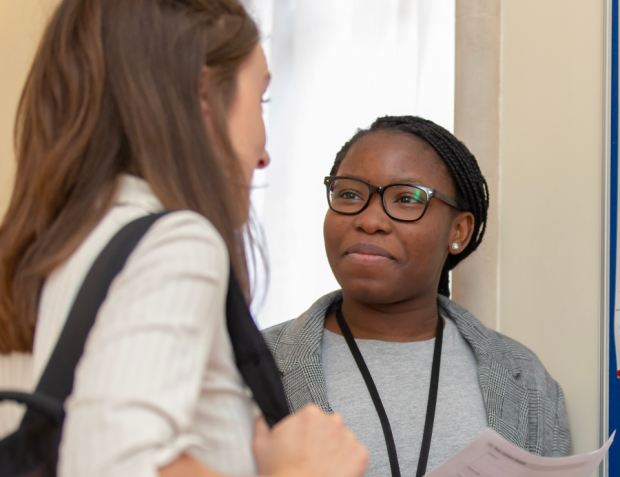
A blog post from Sidonie Kingsmill on how HMCTS is using user experience principles in the administration of justice.

A blog post from Sidonie Kingsmill on how HMCTS is using user experience principles in the administration of justice.
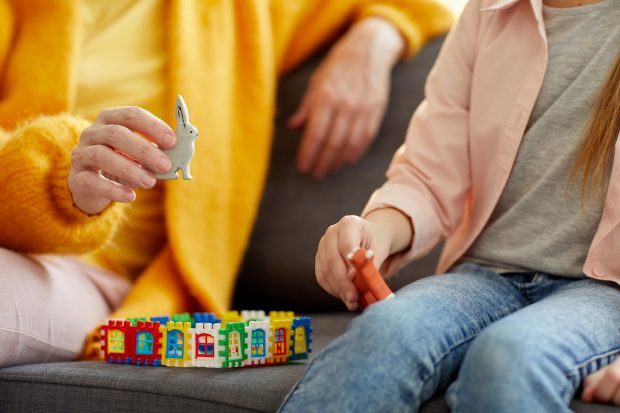
A blog post from Jason Llewelyn, on developing a new digital service for Family Public Law and how we’d like to invite more users of the service to help research and test what we’re building next.
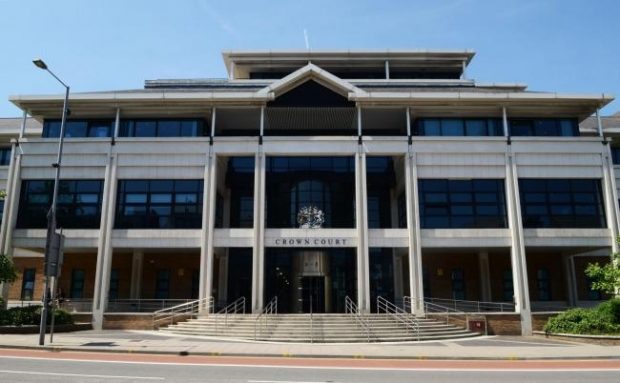
A blog post from Susan Acland-Hood, HMCTS CEO in which she talks about court closures and access to justice.
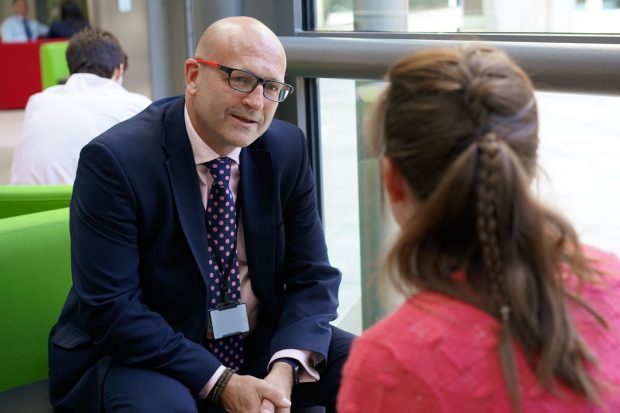
Interview with Paul Harris, HMCTS Director, Courts and Tribunals Operations - keeping and enhancing the best of the system.
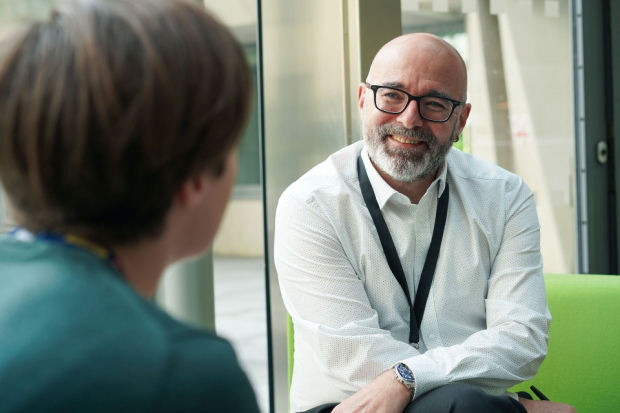
An interview with Andy Cox, HMCTS Head of Estates Policy who talks about our estates strategy and having fewer, better buildings.
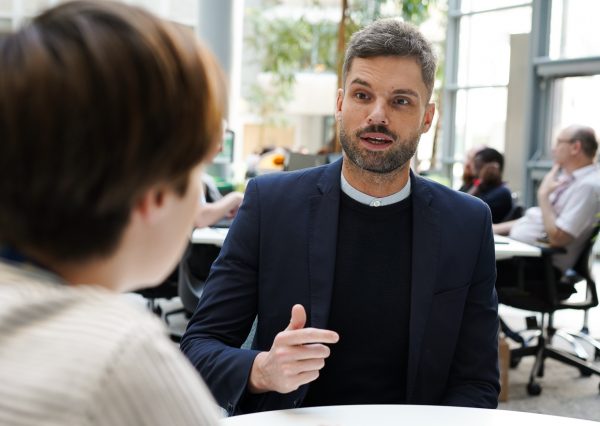
Interview with Rob Hack, HMCTS Head of External Stakeholder Communications who answers questions on how we are working with others.
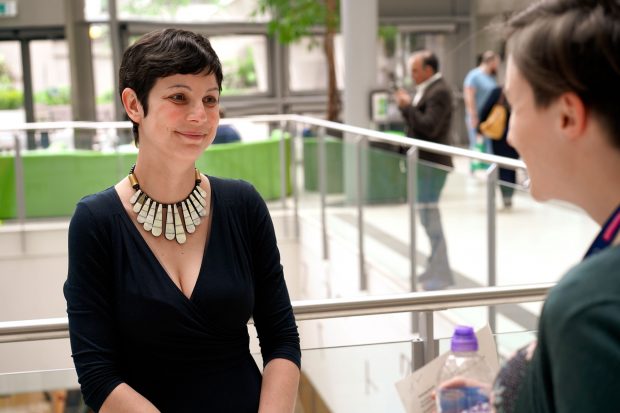
Interview with Sue Newfield, HMCTS Service Manager who answers questions on our Fully Video Hearings Project.
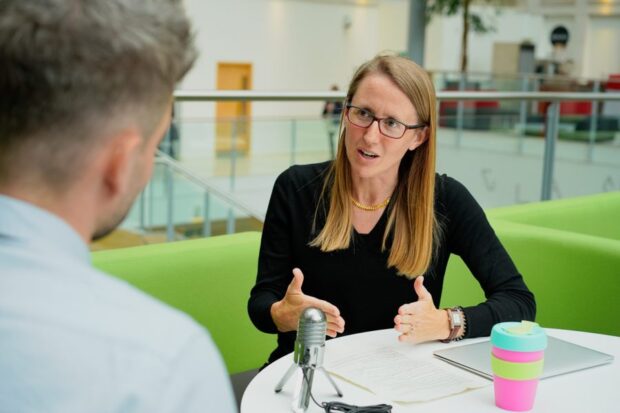
Interview with Sidonie Kingsmill, HMCTS Customer Director on how we are supporting access to justice services for vulnerable users.
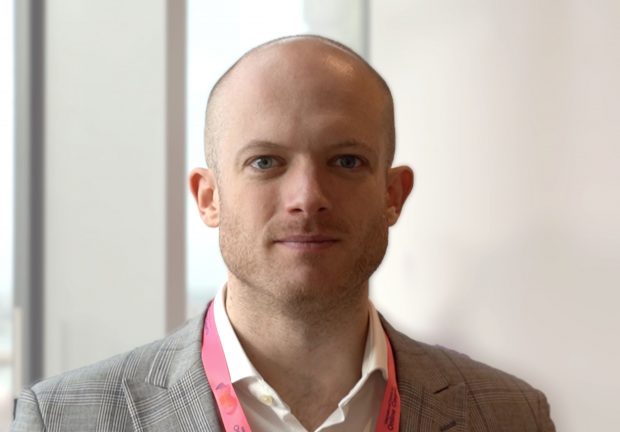
An interview with Richard Goodman, HMCTS Change Director who talks about how the reform programme continues to make good progress, and how our new online services have been used by over 100,000 people, with excellent feedback.
Susan Acland-Hood details how HMCTS has adding five new courts to our scheme giving easier access to court for legal professionals. These are the first five courts in the full national roll-out of the scheme.